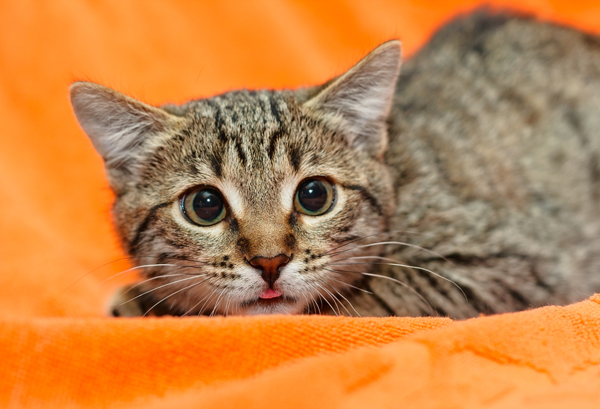4:02 AM Dealing With An Anxious Cat |
Some cats can be more jittery and anxious, deviating from the usual calmness and aloofness of most cats. This anxious behavior can be worrisome for cat parents. The first step in dealing with the problem is to identify the reason for your cat’s anxiety. It may be triggered by fear, a new environment, and presence of other cats in the immediate surroundings, illness, and even genetics. The arrival of a new family member and the presence of other dogs or pets in the environment can make cats anxious and nervous. Once you are able to identify the cause/s of your cat’s nervous behavior, you will be able to take the appropriate actions to help him overcome his behavior. Cats suffering from anxiety often lose their appetite, hide under the bed or furniture, or engage in persistent meowing or hissing. Some may even behave aggressively, drool and bite themselves, and have bald patches in their bodies. Call your Ashburn, VA vet if you ever you notice your cat exhibiting any of these signs. Learn more here.
|
|
|
| Total comments: 0 | |
